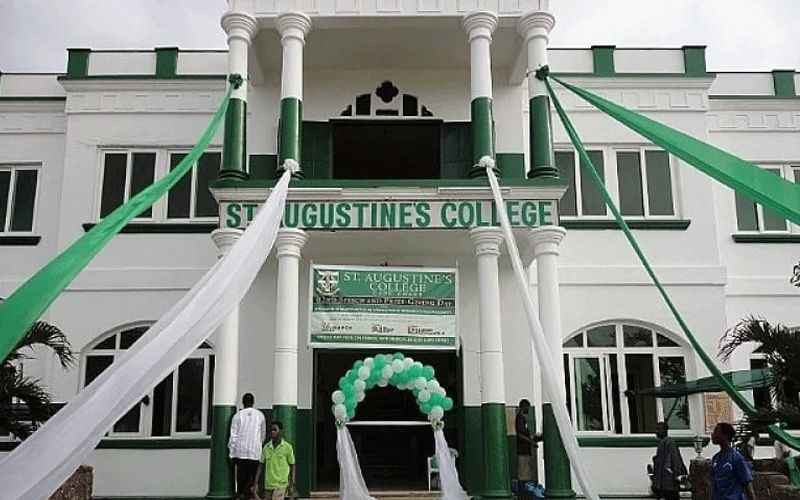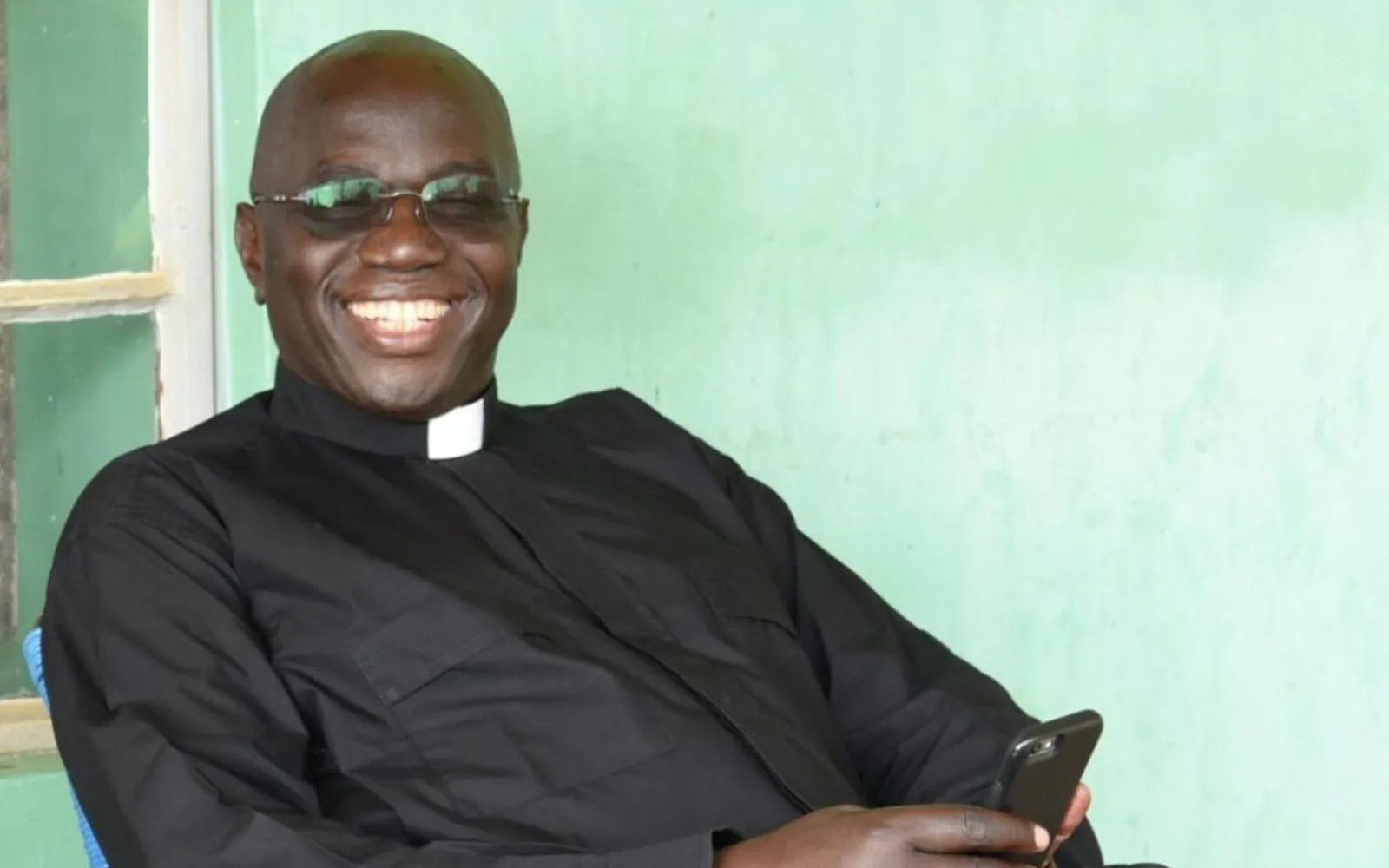Accra, 26 August, 2020 / 8:15 pm (ACI Africa).
Following reported student unrests in some Senior High Schools (SHS) in Ghana, some Catholic educationists in the West African country have called on the government to consider handing back faith-based schools, saying that quality education and discipline were imparted by the religious entities when they managed their respective learning institutions.
“I don't think it would be out of place to request the Government to consider handing over the schools to the Mission to manage since churches will always ensure that quality standards are maintained rather than quantity,” Gloria Kwasie, a Catholic educationist in Ghana, told ACI Africa Correspondent in an interview Tuesday, August 25.
Mrs. Kwasie added, “Senior Secondary Schools were established by churches during the colonial era as part of their missionary objectives among other things to instill moral discipline. As a parent and an educationist, I was dumbfounded and appalled when I saw the clips of these teenagers engaging in serious acts of indiscipline.”
Reacting to an August 3 online videos, which showed students of some SHS in Ghana destroying school furniture, smashing bowls containing food in the school dining hall, attacking exam invigilators and journalists, and issuing threats to school authorities for being firm on invigilation during the West African Senior School Certificate Examination (WASSCE), Mrs. Kwasie described the conduct as “despicable, shameful and ridiculous.”
“I just couldn't comprehend that students who are being prepared to be responsible citizens for the future, could resort to destruction of school properties and some went to the extent of raining insults of unprintable words on the President of our country,” she said.








